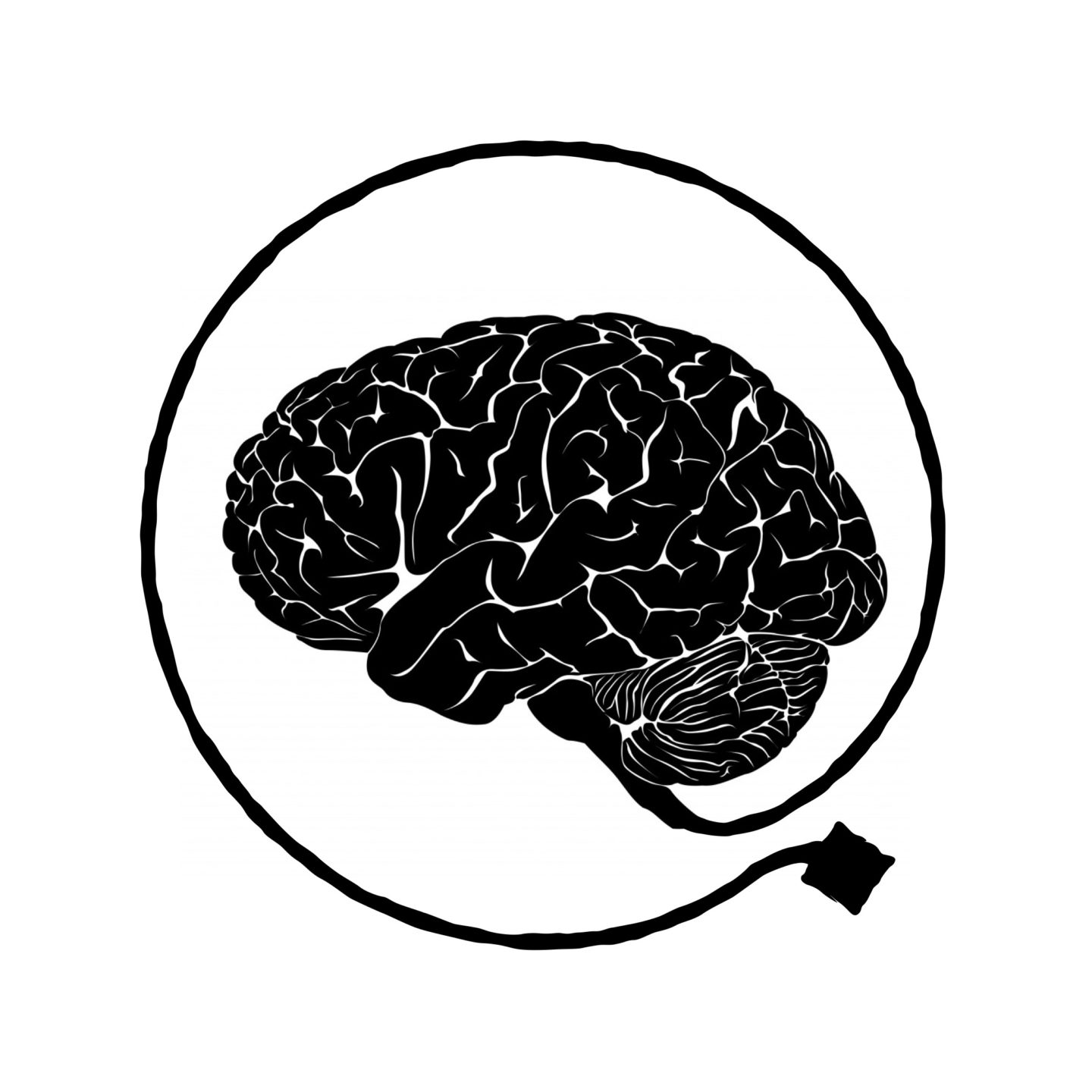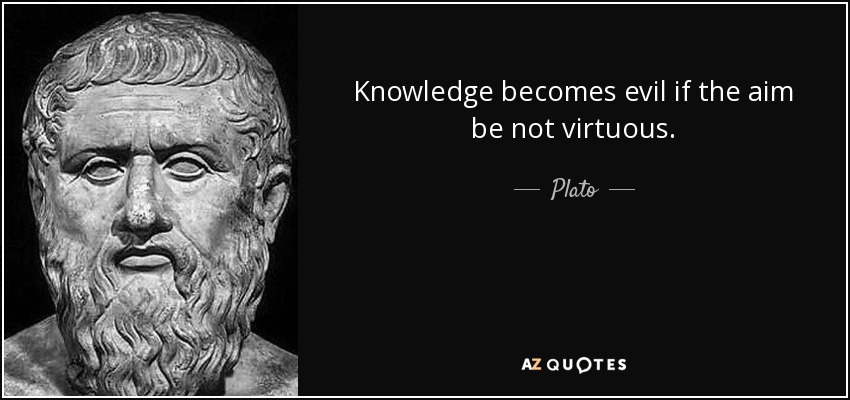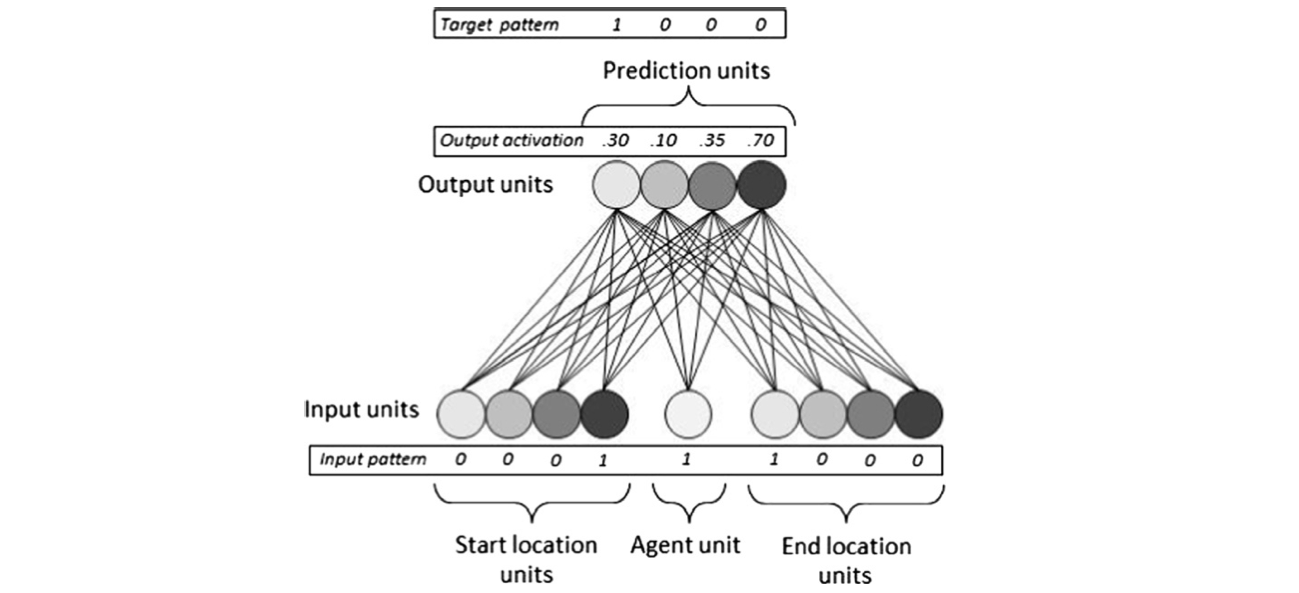CFP: Workshop on imagination and mental imagery in epistemology
March 16, 2017 University of Antwerp Confirmed speakers: Dominic Gregory (Sheffield) Francesco Berto (Amsterdam) Lu Teng (Antwerp) Shannon Spaulding (Oklahoma State University) Some slots are reserved for contributed papers. There are no parallel sections. Only blinded submissions are accepted. Length: 3000 words. Single spaced! Deadline: February 1, 2017. Papers should …





